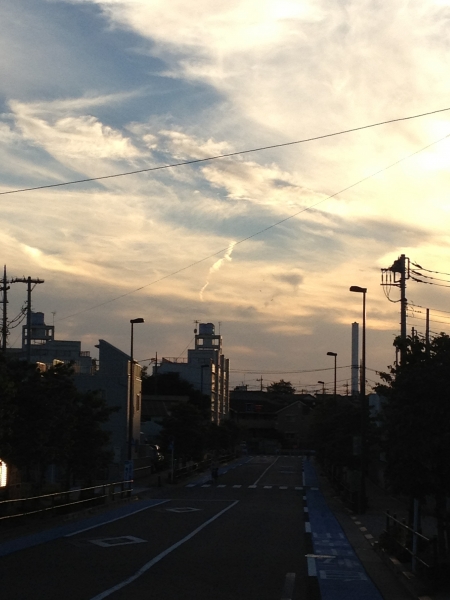想像力の範囲
どこまで想像力を働かせるかが重要だと、想像力の使い道は様々で、例えば、リスクヘッジも想像力が重要で、起こりうるリスクをどこまで想像できるか、よく想定という言葉を使うが、「想定内」など、それも要するに、想像力の範囲がどこまで及ぶかの問題で、範囲が広くないとリスクヘッジにもならない。
子供の頃に遊んだ缶蹴りと一緒で、缶を守るのか、缶をどこからどのタイミングで蹴りに行くのかと、ありったけの想像力を働かせて遊ぶのとリスクヘッジの想像力の働かせ方は同じ、大人になってからでも缶蹴りで遊ぶと楽しいと思うのだけれど。
きっと想像力は豊かの方が良いというのは誰しも思うところで、否定する人はいないと思うが、何でもそうだが、練度が上がってくると、それまで気がつかなかったことに気づくようになる。こなすことで精一杯だったことが慣れてくると、それまで当たり前にそうだとしていたことに疑問を持ちはじめ、試行錯誤をしはじめるが、それを当たり前だとして、そのまま疑問を持ってもスルーする人もいる。
気づくことは想像力を働かせることだから良いことだが、もっと想像力が働くと、気づいた先にある結果がどうなるかがわかる。スルー人はその想像力が働いているのかもしれないと想像力を働かせてみる。
"Range of imagination"
If it is important how much imagination is used, there are various uses of imagination. For example, risk hedge is also important in imagination, how far can you imagine possible risks, often using the term "assuming", etc. In short, it is a matter of how far the scope of imagination extends, and it is neither a hedge nor a risk hedge if the scope is not wide.
With the cans that I played in my childhood, protect the cans, from where and when to kick the cans, and the same way of working with the imagination that you used to work and the imagination of the risk hedge the same for adults I think it would be fun to play with can kicks even after that.
Surely nobody thinks that imaginative power is better if anyone thinks, but no one thinks anything like that, but when the level of practice rises, you will notice that you have not noticed until then. When you get used to doing the things you get used to, you begin to ask questions about what you used to do, and then you start trial and error, but it's a matter of course, people who pass through as they are There is also.
It is a good thing to notice because it works your imagination, but if you have more imagination, you will see what happens at the end of the notice. Through people try to use their imagination that they may be working.

